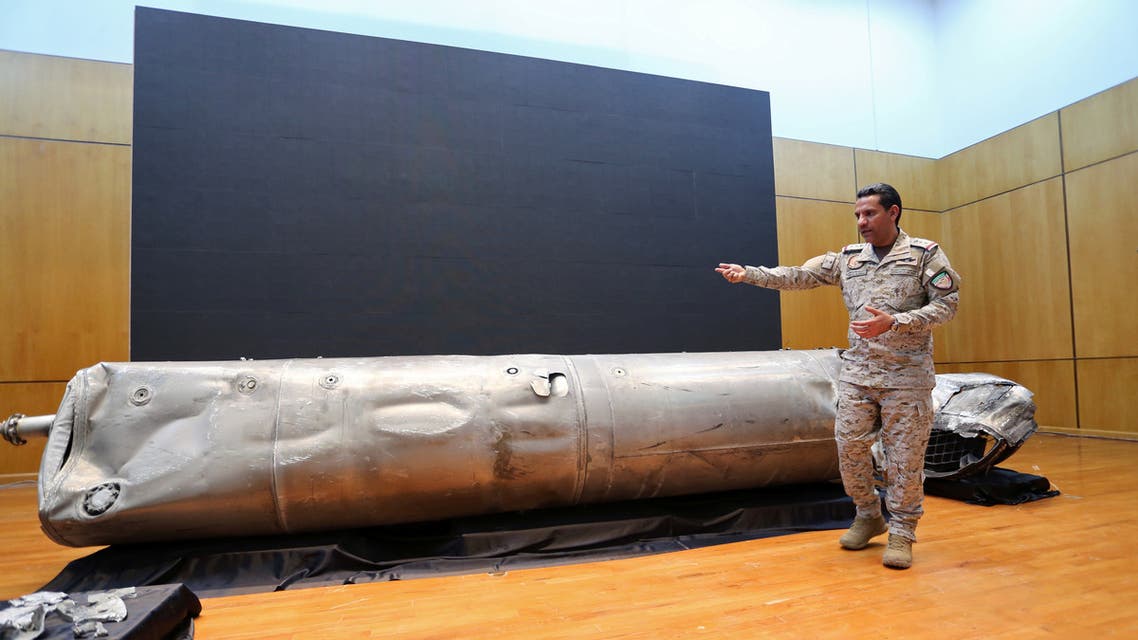While Israel is under serious threat by the rockets
fired from Gaza strip by Hamas, Saudi Arabia was not spared by the Houthi
rebels even on the most important day in the Islamic calendar, the Eid.
Saudi security forces said on Thursday that they
intercepted eight explosive-laden drones and three ballistic missiles at night
on Wednesday.
The arsenal is clearly aimed at Saudi infrastructure
in general and oil installations in particular. Although the US Patriotic Missile
Defence System intercepts – and destroy – most of them, according to the law of
probability, a few of them slipping through the ‘net’ is inevitable; what Houthis appear to be
doing is increasing the probability of success by increasing the number of
projectiles fired from their territory.
This is exactly what Hamas, the Palestinian group
that rules Gaza Strip, has been doing in the past few days that put the nation
of Israel in an unprecedented war-footing.
Although the Iron-Dome, Israel’s own missile defence
system, intercepts majority of the oncoming rockets fired by the Hamas, a few
of them still manage to cause considerable damage while escaping the counter
measures.
In addition, they really pose a risk to civilian
aircrafts: Israel’s main airport near Tel Aviv, for instance, has been forced
to shut down to minimize the damage by the rockets.
Of course, the Saudi-led Arab coalition aircrafts
will hit back at Houthi targets in Yemen in return – and on impulse. They,
however, do not seem to be either strategically coherent or productive in the
long run; they often lead to collateral damage, which in turn leave their
Western allies in an uneasy lurch; the strained realtionship between the US and the Arab coalition does not help things either - in the hour of need of the latter.
The Houthis, meanwhile, seem to be getting bolder
and more competent at what they do, day by day, much to the dismay of Saudi-led
Arab coalition.
So far they have fired 626 drones and 369 ballistic
missiles at Saudi targets, a staggeringly high number - and the frequency of
sending them.
It’s no secret who fund the Houthis and provide them
with the know-how and vital resources. In recent weeks, there have been movements
to reset strained relationship between Iran and Saudi Arabia; the success remains
to be seen, though.
Although both sides expressed the willingness to
repair ties, they were realistic not to expect too much from the discussions;
both side were just cautiously optimistic.
Unless the relationship between Iran and Saudi Arabia
improves dramatically, the threat from Houthi missiles will cast a menacing
shadow over the vast Kingdom – and its most crucial asset, the oil fields.
Unless the conflict between the Saudis and Houthi
rebels die down, the Houthi aspect will be a decisive factor in determining the
crude oil price in the coming months; the world’s top oil exporter has never
been in this predicament even during the past Gulf wars and the growing threat
to its oil fields – and its inability to keep the threat at bay – can rattle the
markets at regular intervals.







